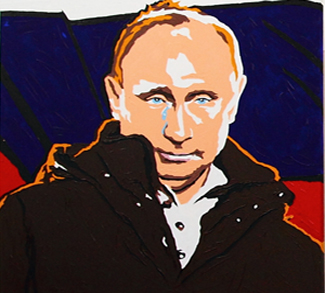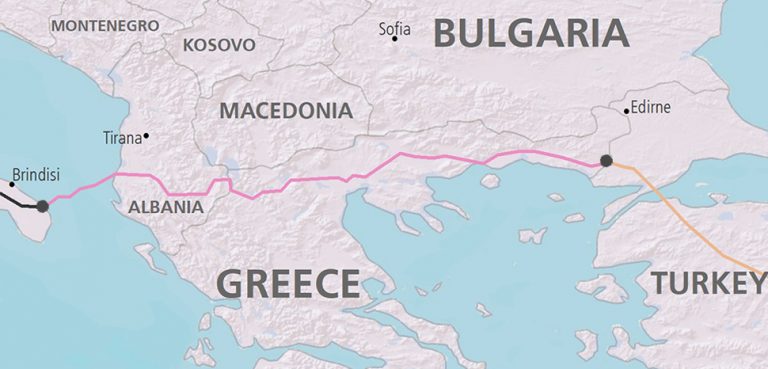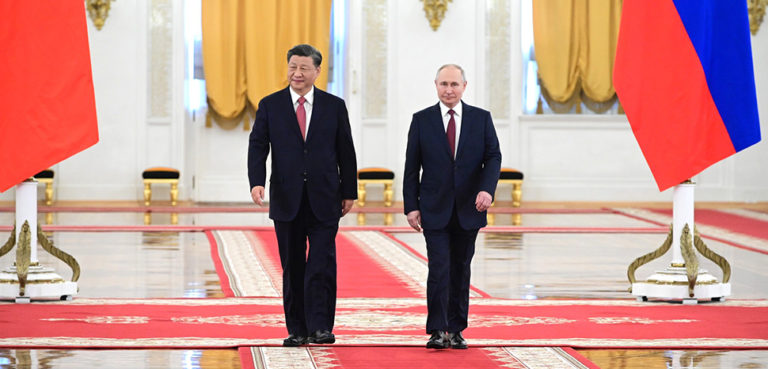Summary
Following stormy exchanges between Russia and the U.S. over alleged Russian actions during the US presidential election, international attention has once again turned to a Russian Federation which seems to be successfully flexing its muscles overseas. But while headlines may reveal political successes for Moscow, the business news remains much more mixed. Russia’s economic prospects remain inextricably linked to the priorities of its political elite and their defensive world view. It also remains overdependent on energy as a means of earning revenue and operating under politicized tax and justice systems which deter outside investment.
Nonetheless the country seems to have ridden out the turbulent days of 2014-15, when international condemnation over Russian actions in Ukraine was at its height. Speculation is growing that President-elect Donald Trump will lift some US sanctions on Russia once he reaches office, which would reduce pressure on European states such as France, who have also pushed for sanctions to be relaxed. With the possible election of more sympathetic European leaders in 2017, such as François Fillon, Russia could gain temporary relief from external pressures. But equally important will be the price of oil, which has jumped comfortably for Moscow since an OPEC agreement in late 2016. If oil remains above $40 a barrel, then Russia can expect a good 2017 – but if the agreement with OPEC countries should fall apart, there could be problems if prices plunge.
Background
A Russian energy surge in 2016. Russian oil production in October 2016 reached a post-Soviet high despite international sanctions, thanks to a combination of low-cost production, careful tax measures, and a high US dollar. The performance suggests that Moscow successfully adapted to a low oil price environment, with major Russian oil firms Rosneft and Lukoil, who together account for almost 50 percent of Russian oil production, both increasing capital expenditure in 2016. Rosneft increased its capex by 33 percent in the first half of 2016, compared with the same period in 2015. Russia was also helped by the fact that it sells most of its oil under long-term agreements, which means buyers must purchase from it for periods of up to five years or more. This cushioned the economy against the plunge in prices in 2014, and against international sanctions.




